Paying for the 2003 Invasion
As President Obama struggles to deal with the crisis in Iraq, it's useful to remember who gave the world this cauldron of woe in the first place: George W. Bush and Dick Cheney.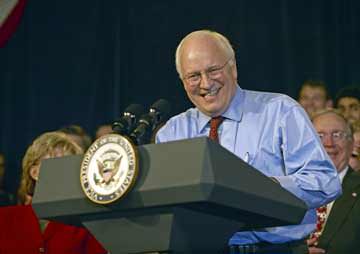 Then-Vice President Dick Cheney in 2004. spirit of america / Shutterstock.com
Then-Vice President Dick Cheney in 2004. spirit of america / Shutterstock.com
As President Obama struggles to deal with the crisis in Iraq, it’s useful to remember who gave the world this cauldron of woe in the first place: George W. Bush and Dick Cheney.
Their decision to launch a foolish and unwarranted invasion in 2003, toppling Saddam Hussein and destroying any vestige of the Iraqi state, is directly responsible for the chaos we see today, including the rapid advance of the well-armed jihadist militia that calls itself the Islamic State.
Bush has maintained a circumspect silence about the legacy his administration’s adventurism bequeathed us. Cheney, however, has been predictably loud and wrong on the subject of, well, just about everything.
“Obama’s failure to provide for a stay-behind force is what created the havoc we see in Iraq today,” Cheney told CNN last month. “When we left, Iraq was a relatively stable place. We defeated al-Qaeda, we had a coalition government in place.”
Cheney predicted “the history books will show” that Obama bears much responsibility for squandering the peace and stability that the Bush administration left behind. If so, they will have to be books that don’t go back very far.
Let’s review what actually happened. The U.S. invasion toppled a Sunni dictatorship that had ruled brutally over Iraq’s other major groups — the Shiite majority and the ethnic Kurds — for decades. It seems not to have occurred to anyone planning the invasion that long-suppressed resentments and ambitions would inevitably surface.
The leader of that “coalition government” Cheney mentioned, Prime Minister Nouri al-Maliki, turned out not to be a Jeffersonian democrat. Rather, his regime acted quickly and shamelessly to advance a Shiite sectarian agenda — and to marginalize Sunnis and Kurds.
What followed, predictably, was anger and alienation among the disaffected groups. The Kurds focused largely on fortifying their semi-autonomy in the northeast part of the country. Sunni tribal leaders twice cast their lot with violent Sunni jihadist forces that stood in opposition to the Shiite-dominated government in Baghdad — first with al-Qaeda in Iraq and now with the Islamic State.
Obama opposed the U.S. invasion and occupation from the beginning. He was nominated and elected president largely because of his pledge to end the war. He withdrew all U.S. troops only after Maliki refused to negotiate a viable agreement to leave a residual force in place.
Could Obama have found a way to keep more of our soldiers in Iraq if he really wanted to? Perhaps. But this would have required trusting Maliki, who has proved himself a far more reliable ally to the terrorist-sponsoring government of Iran than to the United States. And anyway, why would U.S. forces be needed to keep the peace in the “relatively stable” democratic Iraq of Cheney’s hazy recollection?
As I write, Maliki has barricaded himself inside Baghdad’s Green Zone and is refusing to leave office, despite the fact that Iraq’s president has named a new prime minister. The United States has joined with respected Iraqi leaders to try to force Maliki out, but he holds enormous power — he is not only prime minister but also heads the Iraqi armed forces and national police.
Rewind the clock. If there had been no U.S. invasion, Iraqis surely would have suffered grievously under Saddam’s sadistic rule. But at least 110,000 Iraqis — and perhaps several times that many — died violently in the war and its aftermath. Is it likely that even the bloodthirsty Saddam would have matched that toll? Is it conceivable that the Islamic State’s ad hoc army would have even been able to cross the Syria-Iraq border, much less seize huge tracts of territory and threaten religious minorities with genocide?
Even after the invasion, if the U.S. occupation force had worked to reform the Iraqi military rather than disband it, there would have been a professional army in place to repel the Islamic State. If Maliki had truly acted as the leader of the “coalition government” that Cheney describes, and not as a glorified sectarian warlord, Sunnis likely would have fought the Islamic State extremists rather than welcome them.
Why is Obama intervening with airstrikes in Iraq and not in Syria, where the carnage is much worse? My answer would be that the United States has a special responsibility to protect innocent civilians in Iraq — because, ultimately, it was our nation’s irresponsibility that put their lives at risk.
Obama’s cautious approach — ask questions first, shoot later — may or may not work. But thanks to Bush and Cheney, we know that doing things the other way around leads to disaster.
Eugene Robinson’s e-mail address is eugenerobinson(at)washpost.com.
© 2014, Washington Post Writers Group
Your support matters…Independent journalism is under threat and overshadowed by heavily funded mainstream media.
You can help level the playing field. Become a member.
Your tax-deductible contribution keeps us digging beneath the headlines to give you thought-provoking, investigative reporting and analysis that unearths what's really happening- without compromise.
Give today to support our courageous, independent journalists.
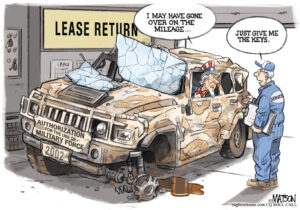
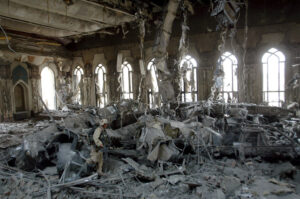

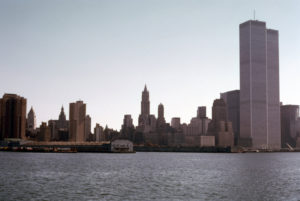
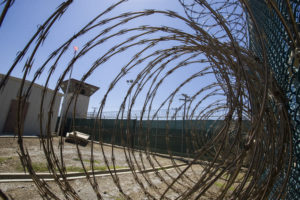
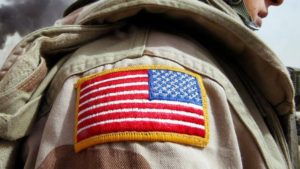
You need to be a supporter to comment.
There are currently no responses to this article.
Be the first to respond.